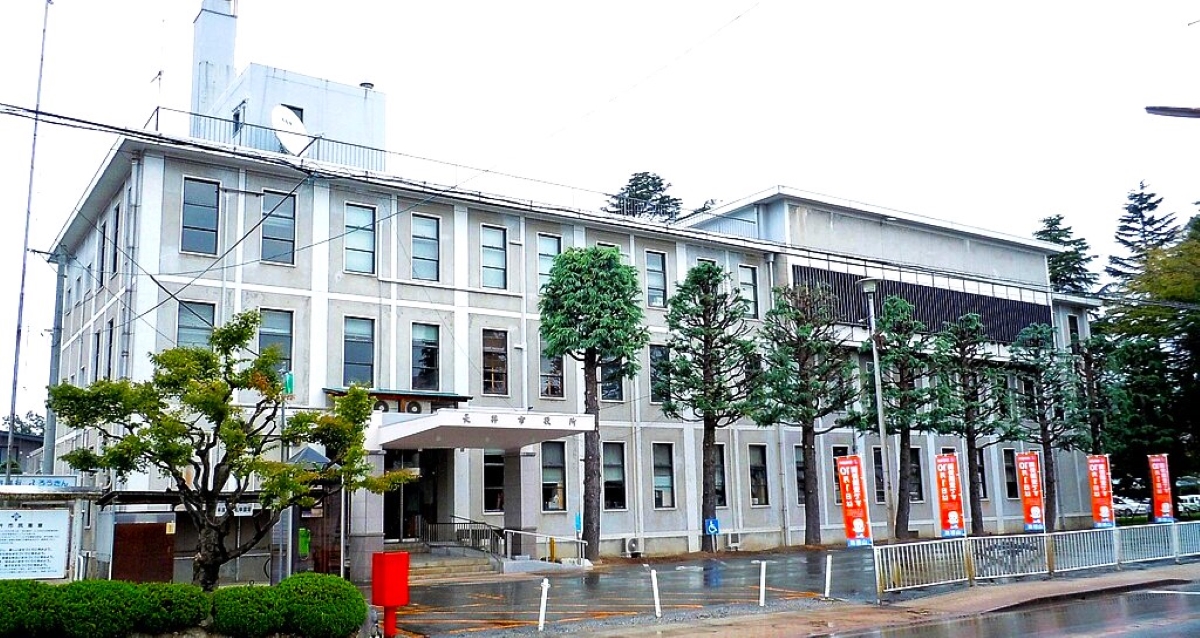Tokyo has designated the Nagai Municipality to Tanzania, as Japan hatches new ways of direct linking with Africa.
“The purpose of JICA Africa Hometown is to contribute to solving African issues and revitalizing Japan’s regions by further strengthening the relationships that local governments have built with African countries,” an official statement from the Japan International Cooperation Agency.
RELATED: JAPAN CLARIFIES ISSUE OF HOMETOWNS
While the concept of ‘sister cities,’ seem to be diminishing across the globe, Japan is set to revive the trend by designating the country’s four metros to link with African nations.
So far, Nagai City which is located in the Yamagata Prefecture has been assigned to Tanzania.
Nagai City with a population of 26,466 residents in 9940 households, is located in mountainous southern Yamagata Prefecture.
Nagai is mapped within 214.67 square kilometres’

The Mogami River passes through eastern portion the city, and the northwest end of the city includes Mount Asahi.
Japan has also nominated three other metros to African countries.
For instance, the Kisarazu City in Chiba will now be the hometown of Nigeria, while the Sanjo City in Niigata will serve as the hometown for Ghana and Imabari City in Ehime, for Mozambique.
‘JICA Africa Hometown,’ are meant to promote exchanges between Imabari City and Mozambique in Ehime Prefecture, Kisarazu City in Chiba Prefecture and Nigeria, Sanjo City in Niigata Prefecture and Ghana, and Nagai City in Yamagata Prefecture and Tanzania.
However, there are no explanations regarding why Japan decided to pick only four countries in Africa, that is Ghana, Nigeria, Mozambique and Tanzania.
The initiative is being launched in conjunction with a conference on Africa’s development being steered by Japan.
The Tokyo International Conference on African Development, or TICAD, takes place in Yokohama City for three days from the 20th to the 23rd of August 2025.
The African Hometowns in Japan will officially be announced during the TICAD 2025 event.
The Japan International Cooperation Agency (JICA) is working to designate at least four municipalities on the Asian Island to serve as dedicated ‘hometowns’ for the designated four African countries.
This, apparently, happens to be part of Tokyo’s initiative to deepen exchanges with the continent.
Officials from the Foreign ministry in Japan say that by the year 2050 the population of Africa is expected to be about a quarter of the world’s population, so it is essential for Japan to incorporate the vitality of the continent.
The officials add that they hope direct connections between Japanese and African municipalities will lead to the expansion of exchanges.

